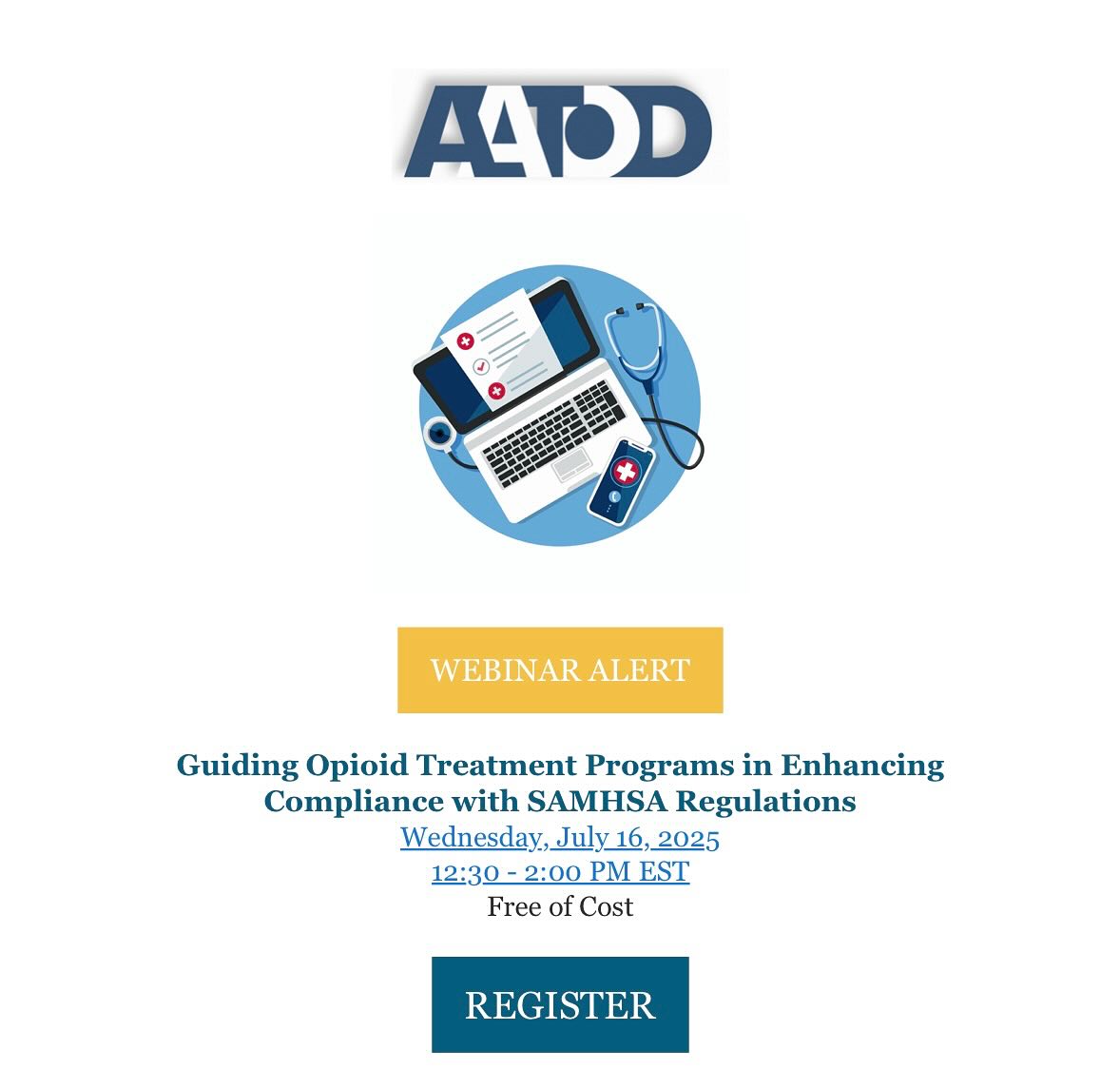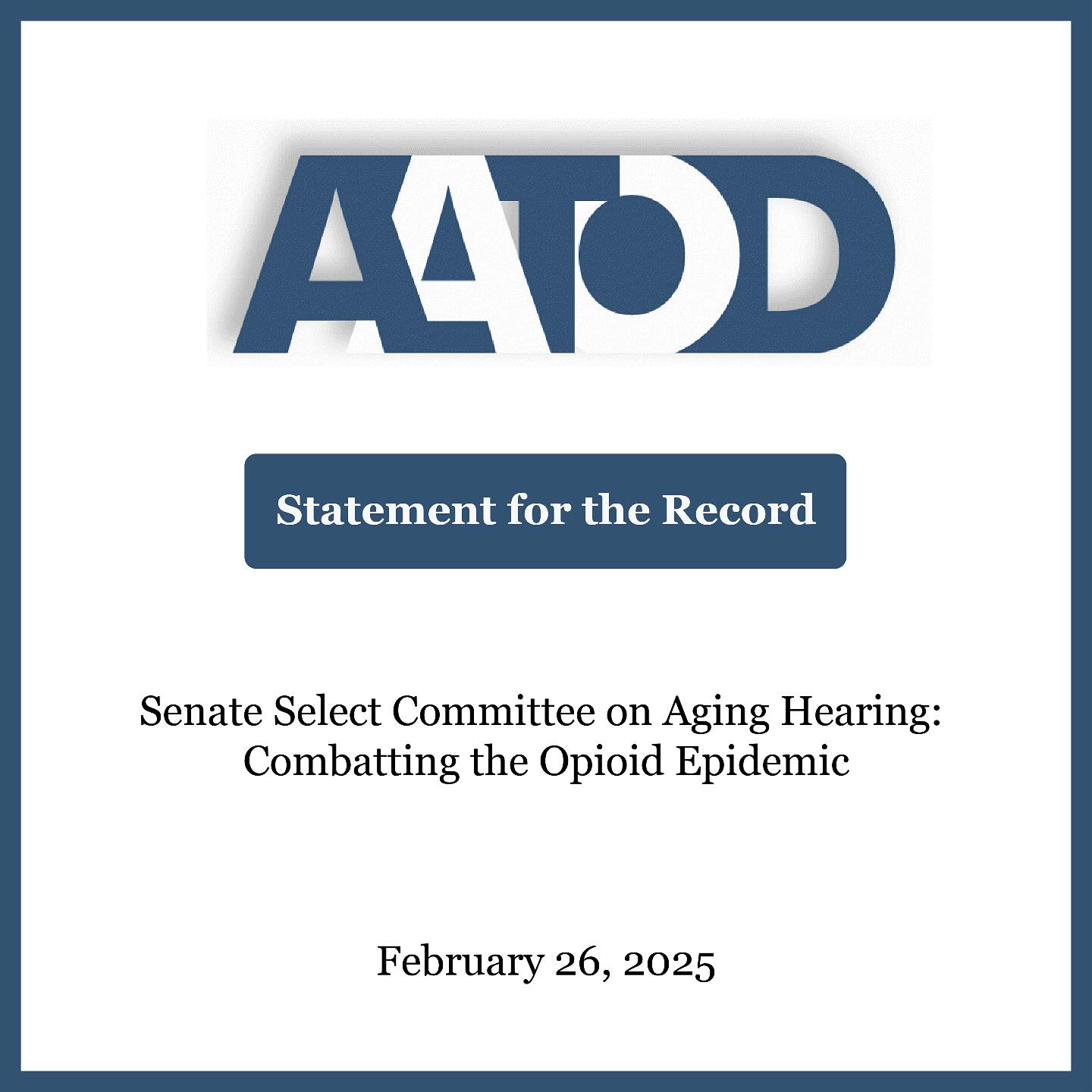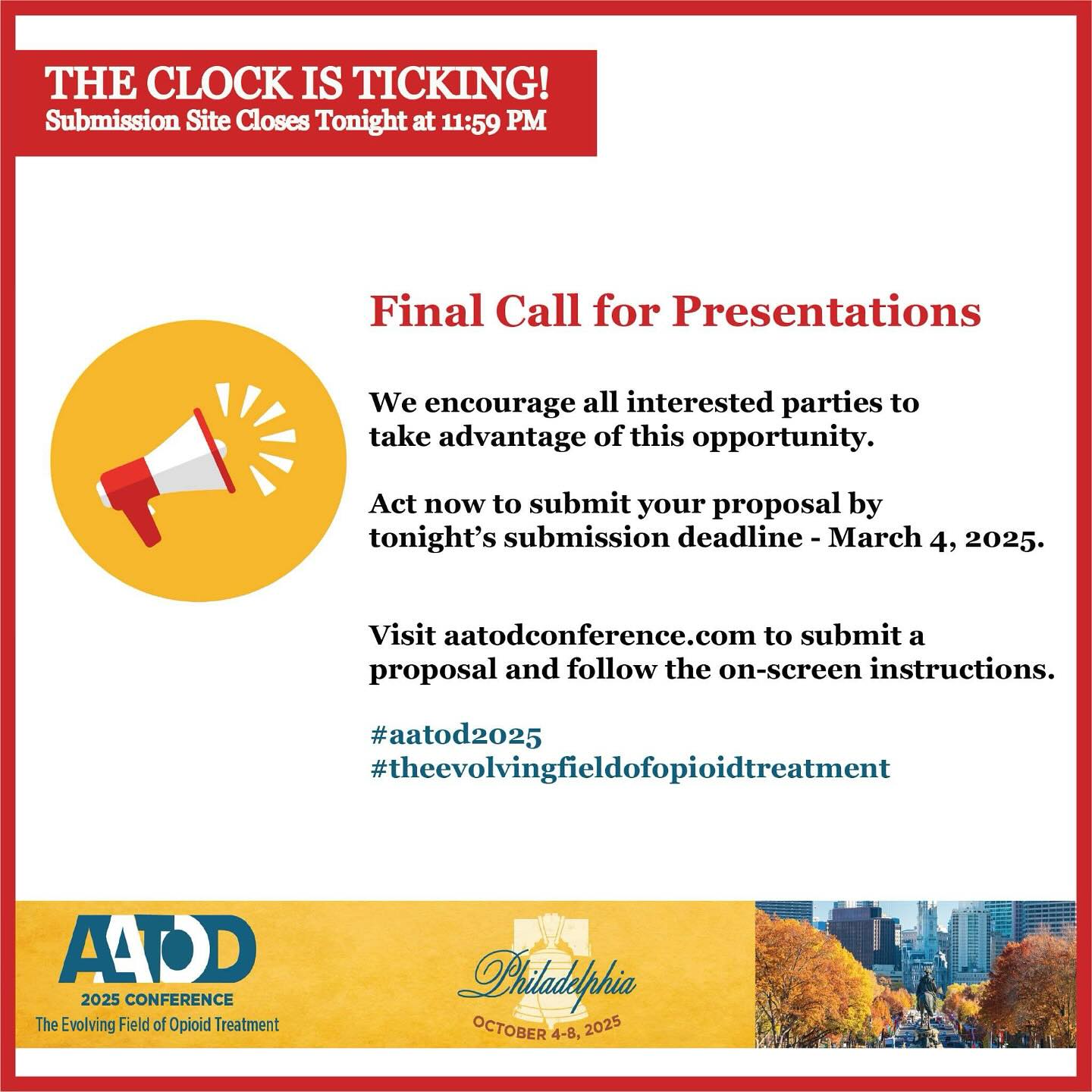ADDICTION AND THE BRAIN
There are eight families of addictive drugs, which are different in many ways, but similar in one important respect — whether it is nicotine or alcohol or cocaine or heroin, some people lose control and become compulsive users. The hallmark of addiction is compulsive use. Addiction is “a behavioral pattern of drug use, characterized by overwhelming involvement with the use of a drug (compulsive use), the securing of its supply, and a high tendency to relapse after withdrawal” (J. H. Jaffe, 1985).
Recent years have seen great advances in our understanding of this compulsive behavior. As all behavior is rooted in the brain, our new knowledge about addiction comes directly from basic brain research.
Every addictive drug used by people is also self-administered by rats and monkeys. If we arrange matters so that when an animal presses a lever, it gets a shot of heroin into a vein, that animal will press the lever repeatedly, to the exclusion of other activities (food, sex, etc.); it will become a heroin addict. A rat addicted to heroin is not rebelling against society, is not a victim of socioeconomic circumstances, is not a product of a dysfunctional family, and is not a criminal. The rat’s behavior is simply controlled by the action of heroin (actually morphine, to which heroin is converted in the body) on its brain.
We are beginning to learn why a laboratory animal (or a person) uses these drugs. A bundle of nerve cells (neurons) deep in the brain, the so-called mesolimbic dopaminergic pathway, is the main site of action of opiates like heroin — and also, interestingly, of all other addictive drugs. We call this the “reward pathway”. It mediates feelings of pleasure and satisfaction. Within the reward pathway, opiates indirectly cause dopamine neurons to release their dopamine. These dopamine neurons are held constantly in check by inhibitory neurons. Opiates act on those inhibitory neurons, shutting them down, removing the inhibition and thus allowing the dopamine neurons to run wild. Inhibition of inhibition causes stimulation.
An analogy may help. Dopamine, in that part of the brain, could be called a “pleasure hormone”; its release causes feelings of satisfaction, of euphoria. The dopamine neurons are held constantly in check by another neurotransmitter released from inhibitory neurons. If a dopamine neuron is like the accelerator pedal in a car, the inhibitory neuron is like the brake pedal, keeping the car from going too fast. Then endorphin neurons, in turn, hold the inhibitory neurons in check, prevent too much braking action and tend to let the car speed up. The net result is to keep the speed just right. A complicated way to run a car, a complicated way to run a brain; but an efficient way to maintain precise control. Thus, in short, opiates like heroin, mimicking the endorphins, cause more dopamine release, cause euphoria; but they do so in an uncontrolled way, overriding the natural controls.
We have learned the structure of the mu opioid receptors, on which the endorphins — and also, of course, opiates like morphine (from heroin) and methadone — act. These receptors are the locks that are unlocked by the endorphin (or opiate) keys. We know exactly how each of the several hundred amino acids in the receptor protein is positioned. Seven segments span the nerve cell membrane, back and forth, forming the staves of a barrel. A molecule of an endorphin (or morphine or methadone), passing from a blood capillary onto a neuron, would drop into the pocket in the middle of the barrel. When the molecular key drops into the lock, it changes the shape of the receptor, and a “signal” is sent to the inside of the cell. That “signal” triggers big chemical changes, which make that neuron less active, so it releases less of its neurotransmitter. The neurons containing mu opioid receptors, which are activated by endorphins or opiates, are the ones that hold the dopamine neurons in check, as already described, and the net result is to stimulate the release of more dopamine.
Our normal feelings of satisfaction, our good moods, are controlled by the regulation of dopamine release by endorphins acting on mu opioid receptors, as described. Heroin is rapidly converted in the body to morphine and 6-acetylmorphine, which act on these same receptors in the brain. The brain responds with feelings of euphoria, but the dopamine stimulation is excessive — far greater than when under the fine-tuned natural control of the endorphins. The brain adapts to this changed condition. It becomes less sensitive to opioids through several mechanisms I shall not discuss here. There are two important consequences of this adaptation. First, more heroin is now required to produce the desired “high”; and second, the system has become less sensitive to the endorphins, so that without heroin, there is insufficient dopamine release, and an uncomfortable feeling we describe as “dysphoria” (and the addict calls “sick”). Thus, after repetitive use of heroin, at increasing dosages, the addict has become tolerant and dependent, and undergoes withdrawal disturbances if the heroin is abruptly terminated.
TWO KEY QUESTIONS ABOUT ADDICTION
FIRST KEY QUESTION: Why do some people become addicted in the first place, and others not? Why do some people not even like the psychoactive effects of an addictive drug and therefore never start using it? Why can some people use such a drug in moderation and never go on to heavy use and addiction? This extreme variability among people is typical for every addictive drug, from nicotine and alcohol to cocaine and heroin. Might there be some people whose reward pathway is defective in some way from birth, who can only feel “normal” on an opiate, for example, and who discover this the first time they encounter heroin?
SECOND KEY QUESTION: Since withdrawal discomfort is now readily controlled with various medications, so that an addict can be brought without difficulty to an abstinent state, why doesn’t that solve the problem? Why is relapse so common? Is it because of innate deficiencies in the reward pathway, or because chronic exposure to an opiate has caused irreversible changes? In either case, there may be addicts who can not function normally on their own supply of endorphins but require some opiate (like methadone) to occupy the receptors.
Source:
Neurobiology of Heroin Addiction and of Methadone Treatment
By: Avram Goldstein, M.D.
Professor Emeritus of Pharmacology, Stanford University































